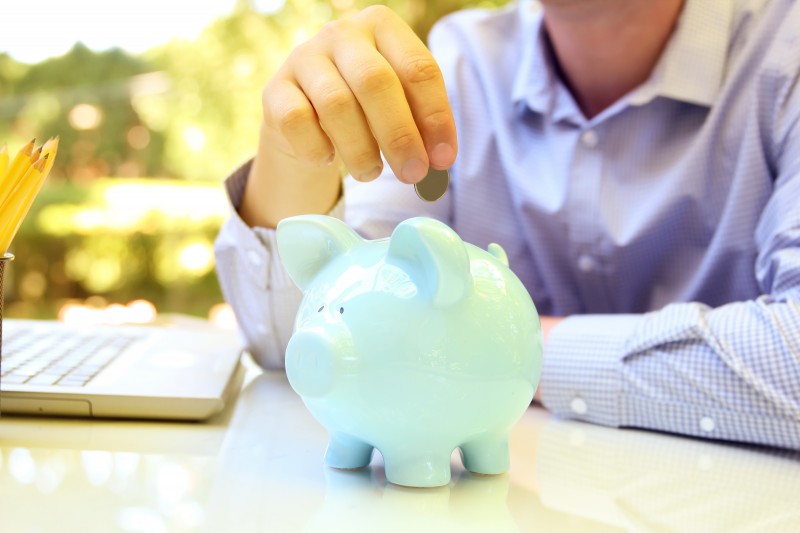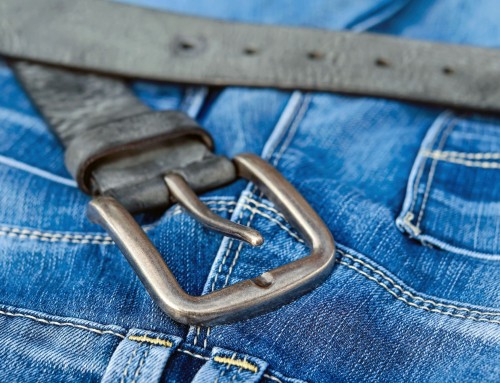Many people have been stuck in the minimum payment cycle while credit card balances keep growing. Finding a way out of it can be challenging. It takes dedication to get you on the right track again.
We’ve all had those moments when we walk into a store for a specific thing. An hour later and we’re standing at the checkout with $300 more than we budgeted for. Pulling out your credit card seems like the logical thing to do because you can just pay it off later.
What about when this continues to happen? You’ve got to put a stop to it somehow. Your debt is getting out of control.
Here are some tips you can refer to that will help you get your debt under control and start making a big dent in your credit card balance.
Make a Budget
Start with diving deeper into your debt. See what you’re prone to overspend on and make a list of these purchases. The better you understand your buying habits, the easier it will be to make a budget and stick to it.
Figure out your monthly income or biweekly income and write it down. Write down any monthly expenses that you incur such as heating, electric, gas, water, rent, car payments or student loans.
Debt Relief Payments
It may take some time to gather this information. Your payments may not always be the same, but take your average amount and write it down. Once you have all of this information, you can begin building your budget.
Subtract your expenses from your monthly income. The amount that is remaining can go towards paying off your debt. The more accurate you are in writing down the things you spend money on, the more accurate your budget will be.
You can allocate spending money to yourself so you don’t use your credit card for things you forgot to build into your budget. Once that money is gone, you will have to wait till next month to buy that pair of jeans you want.
Having this process ensures that your money will go towards paying off debt, and can save you from spending hundreds of dollars on unnecessary items. Buyers remorse is a real thing. That means that after you spent a few hundred dollars on things you didn’t need, you’ll regret it.
Having a budget set in place will help you be transparent with yourself. Overspending will occur less and therefore, prevent the nasty buyers’ remorse that comes along with it.
Use Cash and Coupons
Having physical money in your hand can help reduce your spending. When you use a debit card or a credit card, that money is spent without thinking about it. All you do is swipe a card.
When you have cash in hand, it can help you clear debt. The reason? Feeling that fifty dollar bill leave your hand is much worse than swiping a card. You have more of an emotional attachment to that money than a piece of plastic.
Another way you can work towards having clear debt is by using coupons. There are a lot of mobile apps that make couponing easy. You can scan a picture of a receipt and if you’ve purchased something in their database, you receive instant cash back.
There are also websites you can print coupons off. If you don’t have available access to the internet, newspapers still publish inserts with great coupon options. It may not seem like a lot, but saving a few dollars can add up quickly.
Devise a Plan
Having a plan in place for paying off your debt makes it easier to submit payments. Staring your large student loan in the face can be overwhelming. Start with your credit card bill first and work your way up.
Whatever debt you have that is the smallest, pay that off first. Use the calculation of your monthly income minus your monthly expenses. Whatever remains should go towards your debt. Once you’ve paid off your first debt, move to the next highest, and so on.
This is a great process to clear debt as it’s easy to track your progress and it limits your interest rate charges.
Make Some Negotiations
If you’re finding that your monthly income minus your monthly expenses leaves you nothing left over, it may be time to change the way you’re living. Living above your means will have you always living paycheck to paycheck.
You can make negotiations with banks or your creditors, and also, yourself. When you reach out, often times creditors will try to improve the terms and conditions of your debt if you need assistance. They want you to be able to pay your debt off.
You could move your debts to an account that has lower interest rates or no interest rate for the first 12 months to not accrue interest on top of your debt. You could also take out a fast loan to repay your creditor and reduce your interest rate.
If you have student loans at multiple banks, you could consolidate all of your loans to a single location. This makes making payments easier and if one of your loans has a high-interest rate, you can get it reduced.
Quick Fixes
There are other steps you can take if the amount you’re able to pay monthly on your loans is small. To get quick fixes to help clear debt, you could look at your monthly payments on insurance. You may be able to reduce your auto, home or life insurance payments by going with a different vendor.
If you have premium services like cable or a home phone, you can get rid of them for extra money. If you don’t want to eliminate your cable service, you can downgrade your package.
You could also bring your clothes to a consignment shop or host a garage sale to make a few extra bucks until your debt reduces.
Taking the time to clear debt is important. It allows you to live fuller and richer in the future and keeps you from running into trouble from unexpected circumstances. To learn other ways to reduce your debt, read our blog here.











